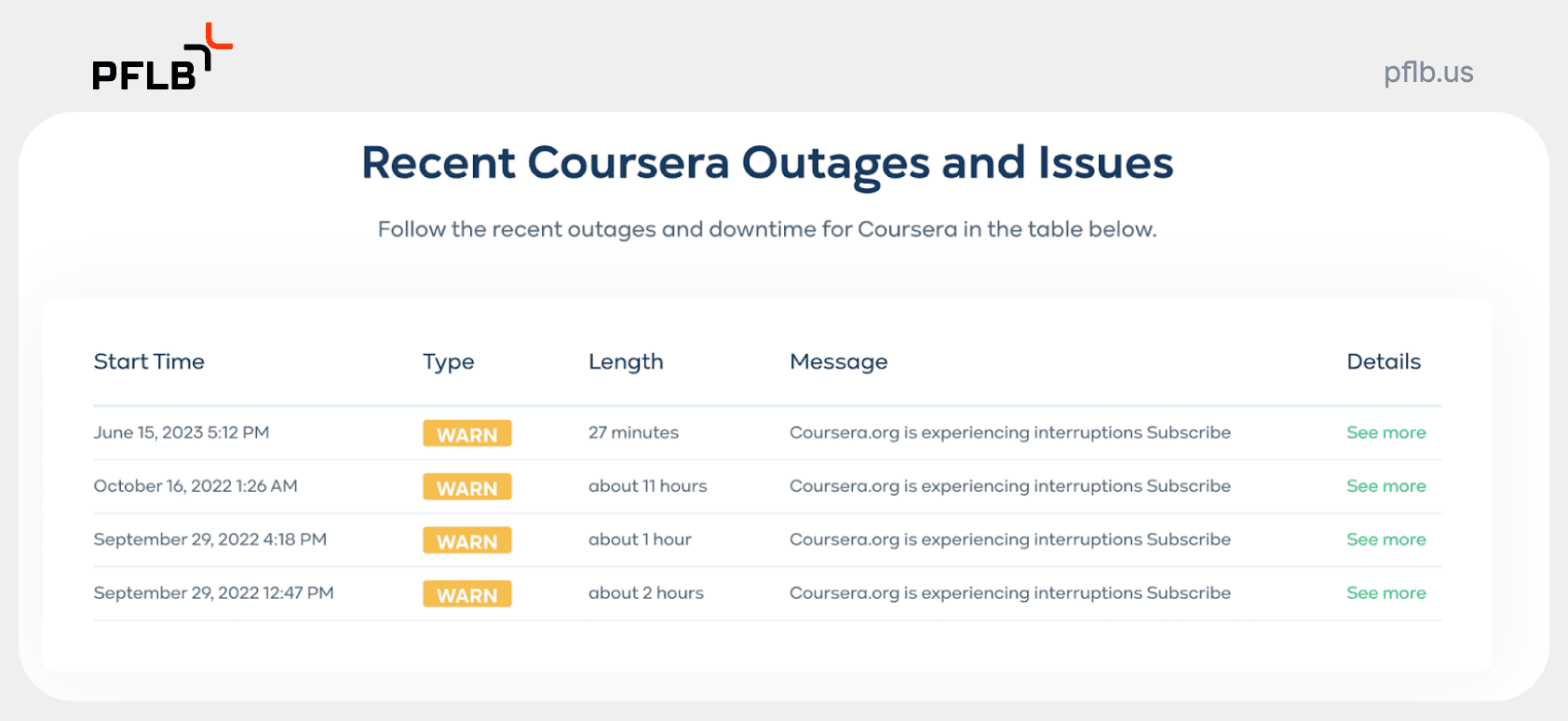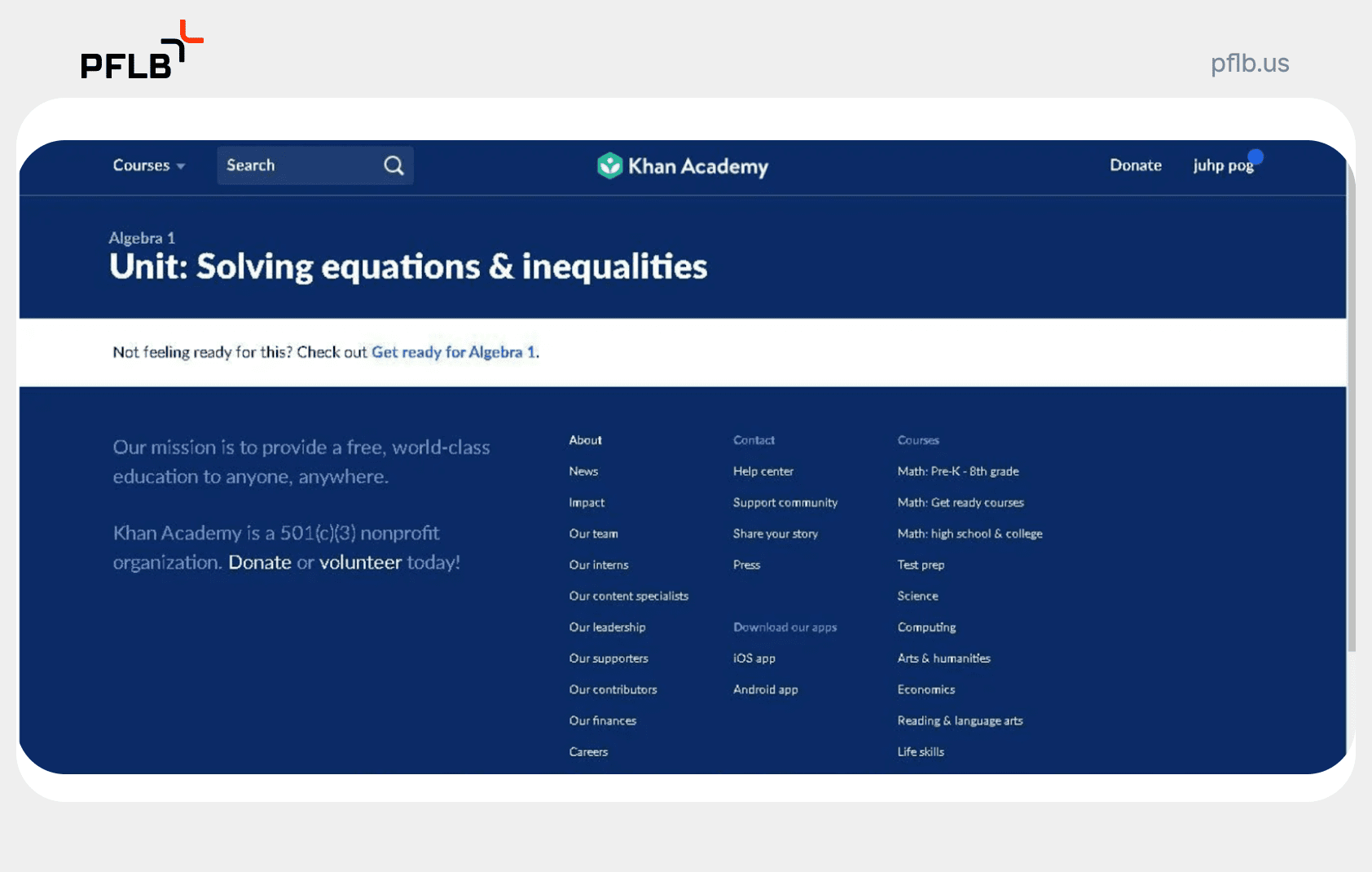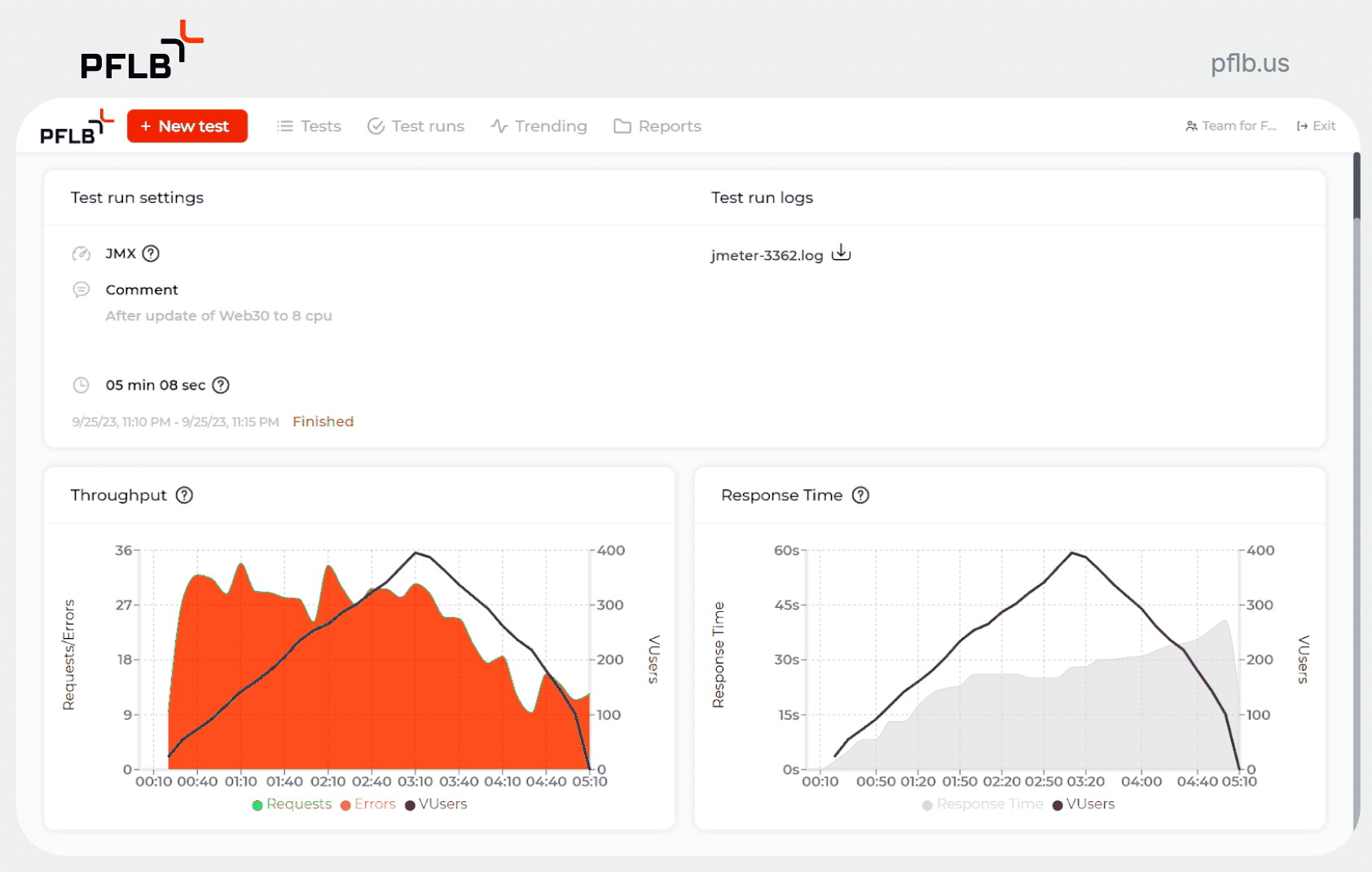E-Lesson Learned: How Performance Testing Could Have Prevented EdTech Crashes
In the rapidly evolving landscape of online education, prominent EdTech platforms like Coursera, edX, and Khan Academy have become essential tools for learners worldwide. However, the past few years there have seen significant outages across these platforms, disrupting educational experiences and raising concerns about their reliability.
These incidents have highlighted the critical importance of performance testing service – a process designed to ensure that software can handle expected user loads without compromising on speed, stability, and functionality.
This article explores recent outages in the EdTech sector and discusses how robust performance testing could have prevented these costly crashes, ensuring a smoother, uninterrupted learning experience for users.
Incident Overview
Coursera has faced multiple outages that significantly impacted its user base. On June 15, 2023, the platform experienced a 27-minute interruption, affecting thousands of users and disrupting ongoing courses. A more severe incident occurred on October 16, 2022, when Coursera suffered an 11-hour outage, causing widespread inconvenience and highlighting vulnerabilities in their system infrastructure. These incidents underline the necessity for rigorous performance testing to ensure platform stability and reliability. For further details, refer to sources like Downtime Expert and StatusGator.
edX has also faced occasional outages, although specific data on these disruptions is not readily available. Monitoring platforms, however, provide real-time and historical data that indicate these sporadic interruptions. This ongoing issue emphasizes the importance of consistent performance evaluations to prevent such disruptions from affecting the learning experience.
Khan Academy experienced notable outages in 2020, a critical period for online education due to the pandemic. In June 2020, the platform faced a significant outage that disrupted users’ access to educational resources. Another major outage occurred in September 2020, further underscoring the necessity for enhanced performance testing measures to ensure the platform’s reliability. Additional details can be found on Reddit.
Legal and Financial Consequences of Outages in E-learning Platforms
Coursera On October 16, 2022, Coursera experienced a significant 11-hour outage that severely disrupted user experience, potentially exposing the company to legal risks. The lengthy downtime could lead to user dissatisfaction, possible breaches of service level agreements (SLAs), and legal actions from affected institutions and individuals.
The shorter, yet still impactful, 27-minute interruption on June 15, 2023, also posed financial implications. Even brief outages can result in lost revenue, as they may deter users from subscribing or continuing their courses. These incidents underscore the importance of maintaining a reliable service to avoid both legal repercussions and financial losses, ensuring continued trust and satisfaction among users and partners.
edX While specific details of edX outages are not readily available, the general consequences of such disruptions include lost revenue, costs associated with resolving technical issues, and potential reputational damage. Frequent or prolonged outages can erode user trust and deter prospective learners, impacting the platform’s financial performance. Additionally, addressing these technical problems incurs costs related to manpower, resources, and possibly third-party services. edX’s focus remains on transparency and delivering high-quality educational experiences, aiming to mitigate the legal and financial risks associated with service interruptions.
Khan Academy During notable outages in June and September 2020, Khan Academy’s users experienced significant disruptions. However, due to its nonprofit status and mission to provide free education, the platform did not face major legal or financial repercussions. While the impact on users was considerable, Khan Academy’s emphasis on its educational mission and nonprofit nature helped shield it from the severe consequences that for-profit platforms might encounter. Nonetheless, maintaining uninterrupted access remains crucial to uphold their commitment to free, quality education for all.
Prevention Strategies of E-learning Platform’ Crashes
Performance and Load Testing
Implementing regular e-learning software performance testing service is crucial for identifying and addressing potential bottlenecks before they cause issues. These tests simulate high-traffic conditions to ensure the platform can handle peak loads without degrading performance.
Timely Monitoring and Maintenance
Utilizing real-time monitoring tools allows for the detection of issues as they arise, ensuring prompt resolution. Regular maintenance and updates are essential to keep the system smooth and secure, preventing unexpected disruptions and vulnerabilities.
Redundancy and Backup Systems
Establishing backup systems and multiple data centers can prevent single points of failure. This redundancy ensures that if one system fails, another can take over, maintaining uninterrupted service for users.
Content Delivery Networks (CDNs)
CDNs help distribute the load across multiple servers, enhancing load balancing and caching capabilities. This reduces the strain on any single server and ensures that content is delivered efficiently to users, regardless of their location.
Capacity Planning
Analyzing usage trends and planning for user growth is vital for allocating resources appropriately. By anticipating future demands, platforms can scale their infrastructure to accommodate increasing traffic without compromising performance.
Disaster Recovery Plans
Having a robust disaster recovery plan in place enables quick restoration of services following an outage. Regular backups and recovery drills ensure that the platform can recover swiftly from disruptions, minimizing downtime and user impact.
Scaling MEFA Pathway Software for Mass Student Registration
FolderWave, a client of PFLB, faces annual peaks in student registrations on their partner platforms after major online events. To prepare for these spikes, FolderWave partnered with PFLB’s professional services team.
Together, they simulated typical user behaviors to rigorously test the software’s capability to manage heavy traffic loads.
Conclusion
The recent outages experienced by major EdTech platforms like Coursera, edX, and Khan Academy have underscored the critical importance of performance testing and proactive strategies in preventing such disruptions. Regular performance, stress, and load testing are essential for identifying and mitigating potential bottlenecks, ensuring that platforms can handle high traffic volumes without compromising user experience.
Implementing timely monitoring and maintenance, establishing redundancy and backup systems, leveraging Content Delivery Networks (CDNs), and engaging in thorough capacity planning service are all crucial steps in maintaining system reliability. Additionally, having robust disaster recovery plans in place enables swift restoration of services in the event of an outage, minimizing downtime and user impact.
Continuous improvement and preparation are paramount for maintaining reliable EdTech platforms. As the demand for online education continues to grow, so does the need for these platforms to remain dependable and resilient. By prioritizing performance testing and adopting proactive strategies, EdTech providers can ensure a seamless, uninterrupted learning experience for users worldwide.
Related insights in blog articles
11 API Failure Causes and How To Solve Them
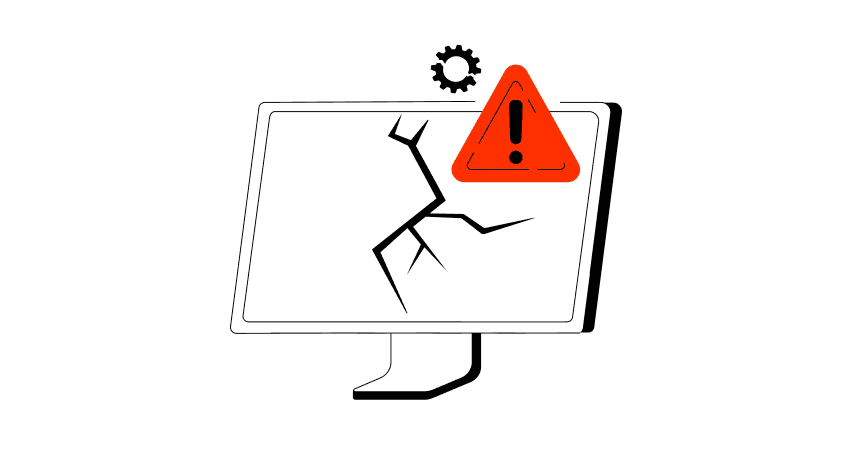
When an API fails, the consequences ripple quickly through the entire system. Transactions stall, integrations break, and frustrated users flood your support channels. Understanding exactly why API failures happen — and how to fix them — is essential for developers and businesses alike. This article examines the most common reasons behind API failures, explores the […]
API Mocking: A Complete Guide
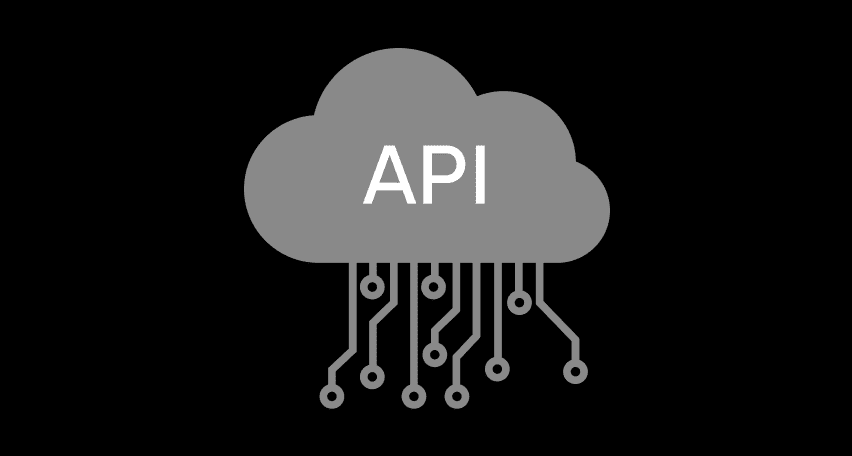
Waiting for APIs to become available or stable can slow down entire projects. API mocking provides a smart way to avoid these roadblocks by simulating real API responses, keeping your teams productive and ensuring smoother integration down the line. In this guide, you’ll discover exactly what API mocking involves, how it differs from using real […]
API Endpoint: A Complete Guide
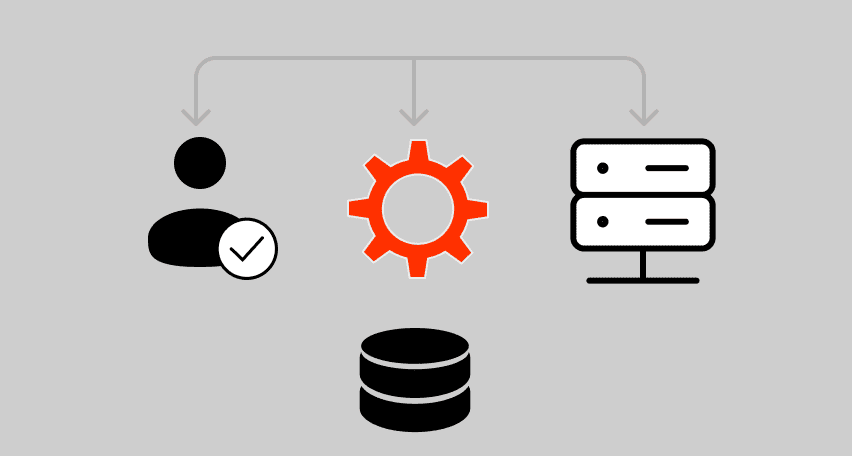
Modern applications rely heavily on APIs (Application Programming Interfaces) to communicate and exchange data across different systems. At the heart of this interaction lies the API endpoint — a fundamental concept that defines where and how data exchanges happen. This guide explains clearly what an API endpoint is, outlines its importance, and provides practical insights […]
gRPC vs. REST: Detailed Comparison
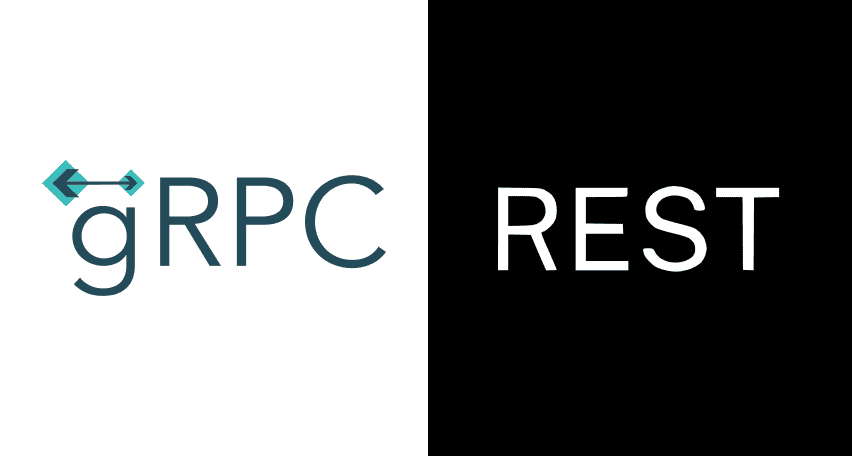
Choosing between gRPC and REST can feel confusing, especially if you’re trying to figure out the best way for your applications to communicate. This article breaks down the grpc vs rest comparison clearly, without jargon or confusion. You’ll learn exactly what each protocol is, the advantages and disadvantages of each, and understand why gRPC is […]
Be the first one to know
We’ll send you a monthly e-mail with all the useful insights that we will have found and analyzed
People love to read
Explore the most popular articles we’ve written so far
- Top 10 Online Load Testing Tools for 2025 May 19, 2025
- Cloud-based Testing: Key Benefits, Features & Types Dec 5, 2024
- Benefits of Performance Testing for Businesses Sep 4, 2024
- Android vs iOS App Performance Testing: What’s the Difference? Dec 9, 2022
- How to Save Money on Performance Testing? Dec 5, 2022

